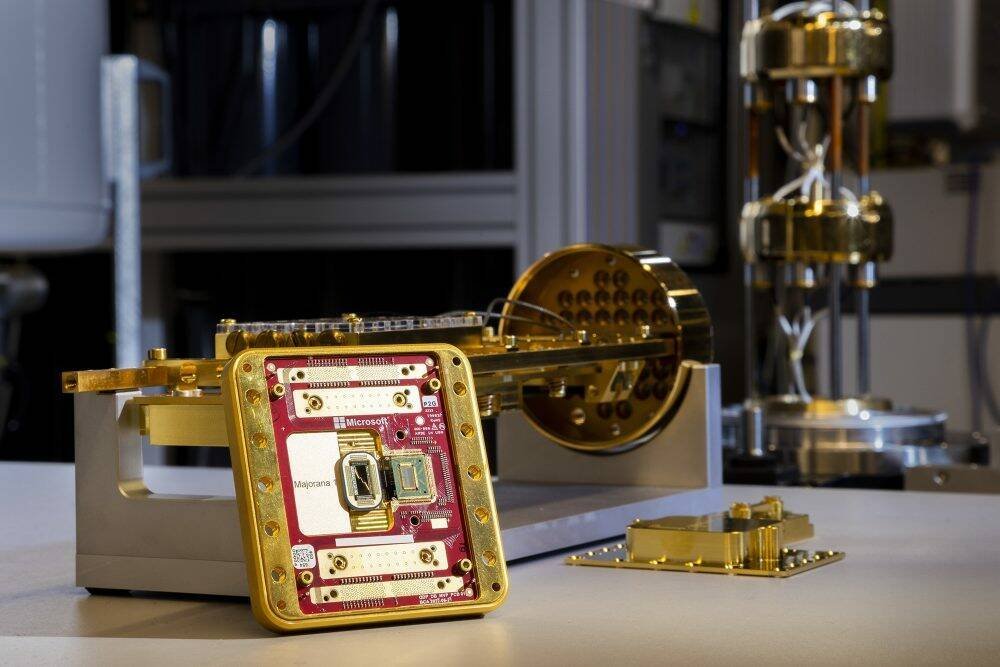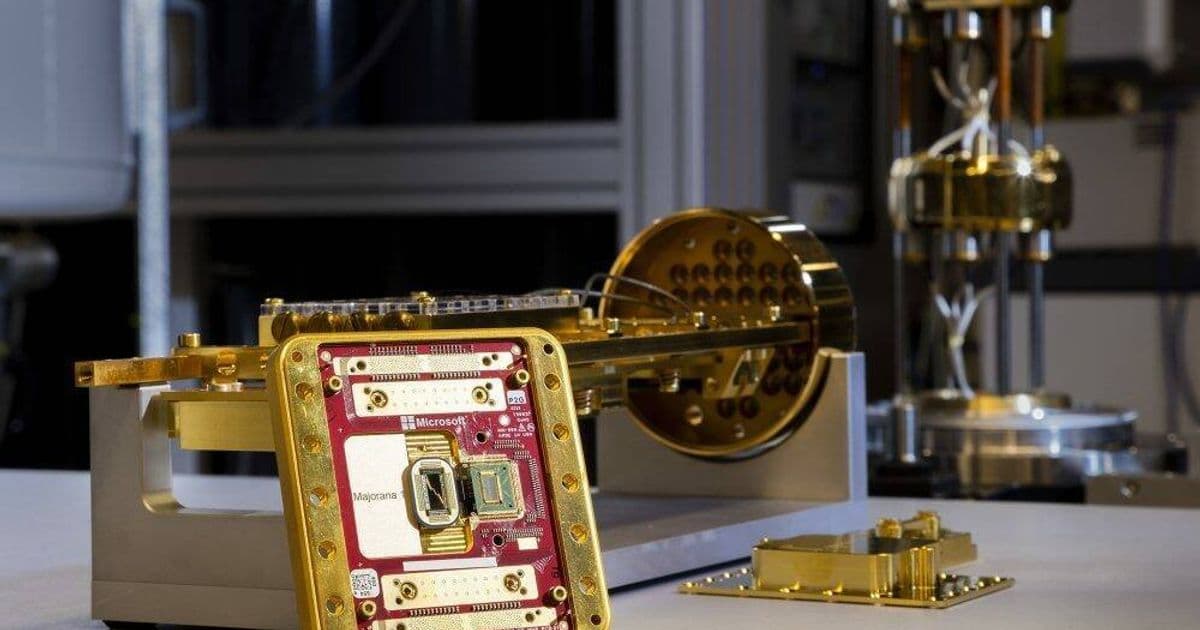Science journal is removing its editorial expression of concern from a contested 2020 Microsoft quantum computing paper, replacing it with a minor correction. The decision ignites fierce debate between authors claiming vindication and critics who argue the flawed research should be retracted, exposing deep rifts in the race for Majorana-based quantum supremacy.

In a move stirring intense controversy, the journal Science is preparing to remove an Editorial Expression of Concern (EEoC) attached to a pivotal 2020 Microsoft-backed quantum computing paper. The notice, originally placed due to concerns about data representativeness, will be replaced by a correction stating the authors "didn't present a full description of how they tuned the relevant devices and didn't present a full catalog of the data measured."
For Professor Charles Marcus, former scientific director of Microsoft Quantum Lab Copenhagen and a paper co-author, this represents hard-won exoneration following a grueling four-year battle. "It feels great... It's nice to be exonerated," Marcus told The Register, citing supportive findings from the University of Copenhagen's Committee for Responsible Research Practices and Science itself. "But I want those four years back."
The Unresolved Conflict The decision, however, leaves critics like Professor Sergey Frolov (University of Pittsburgh) baffled and angry. Frolov, alongside Vincent Mourik, first raised alarms about the paper "Flux-induced topological superconductivity in full-shell nanowires," which describes foundational work toward Microsoft's Majorana-based quantum chips.
"This is the first time that a journal will roll back a positive action they previously took to alert other scientists about the pattern of problematic research, by replacing an EEoC with a correction," Frolov stated. "Regardless of the content, problems in the paper undermine the conclusion and retraction would be the better course."
Frolov contends the paper exemplifies a pattern of "extreme cherry-picking" of data to support claims of observing Majorana particles – exotic quasiparticles theorized to enable error-resilient quantum bits (qubits). He points to:
- Replicated Non-Confirmation: Austrian researchers using nanowires from the same chip as the Microsoft study shared significantly more data (600MB vs 50MB) showing no Majorana signals. Science and Nature both published these contradictory findings.
- Prior Retractions: Two previous Microsoft-affiliated Majorana papers in Nature were retracted after critiques by Frolov and Mourik, with one involving admitted errors by a key Microsoft researcher.
- Ongoing Skepticism: Critic Henry Legg (University of St Andrews) argues Microsoft's subsequent Majorana 1 chip announcement suffers from similar data selection issues, stating, "Microsoft and I have built the exact same number of topological qubits: zero."
Stakes Beyond Academia This dispute transcends personal or institutional rivalry. Majorana-based qubits promise a potential shortcut through the quagmire of quantum error correction – the primary obstacle to practical quantum computers. Microsoft has invested heavily in this approach. Yet, as Frolov starkly observes, the entire quantum computing industry operates in a realm of unverifiable claims:
"While other companies have working qubits that certainly exist... they are still far from a product... You don't think that your microwave oven is a fraud because you can put your mac and cheese in it and it will cook. That's not possible with any existing quantum computer... so companies can claim whatever they want."
Allegations of Harassment vs. Vigilance Marcus portrays Frolov and Mourik's actions as a damaging crusade exceeding scientific debate. He alleges they demanded excessive data, lobbied funding bodies, contacted students, and used social media to discredit him, chilling research in the field: "Nobody will touch it because they don't want to get attacked." He links their initial success in retracting a paper by their former advisor to a subsequent focus on his Microsoft-affiliated work.
Microsoft Quantum's Michael Manfra (Purdue) echoed this, condemning "ad hominem attacks" while acknowledging "no paper is flawless." Microsoft itself stated, "Discourse and skepticism are all part of the scientific process... we are committed to continued open discussion."
The Lingering Shadow on Quantum's Future The Science reversal closes one chapter but amplifies fundamental questions. Can corporate research pressures coexist with rigorous scientific scrutiny in the high-stakes quantum arena? Does replacing an EEoC with a correction adequately address concerns about data selection practices that have led to prior retractions? And critically, does the opacity inherent in current quantum hardware development enable problematic claims to persist?
As Microsoft presses forward with new Majorana research, this bitter conflict underscores the fragile trust underpinning the quantum ecosystem. The resolution of a paper dispute leaves unresolved the deeper tension between the relentless pursuit of a revolutionary technology and the indispensable, often uncomfortable, rigor of scientific validation. The path to a usable quantum computer may hinge as much on resolving these human conflicts as on conquering the profound physics challenges they seek to address.
Source: Based on reporting by Thomas Claburn at The Register

Comments
Please log in or register to join the discussion